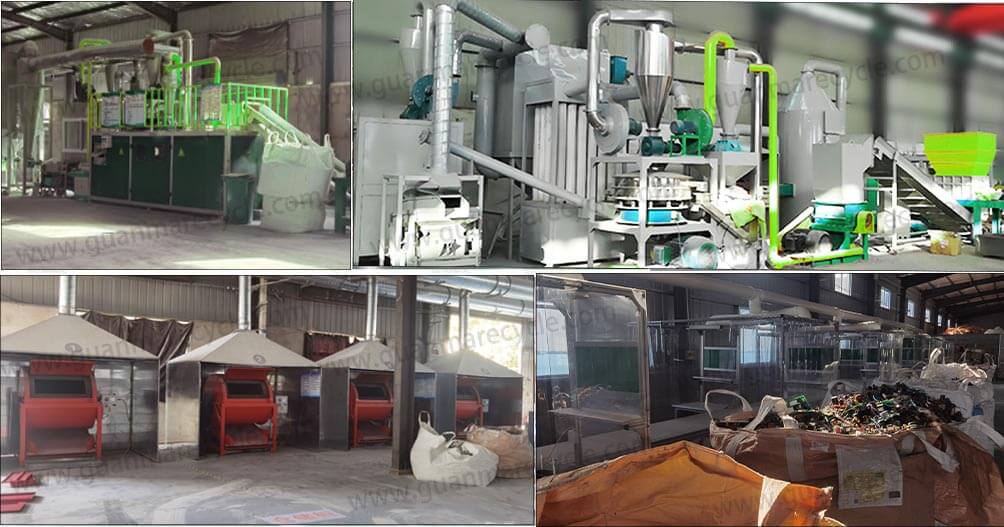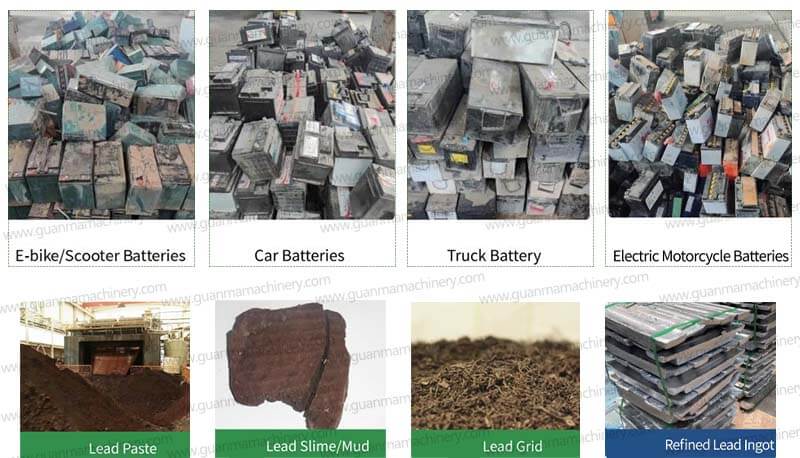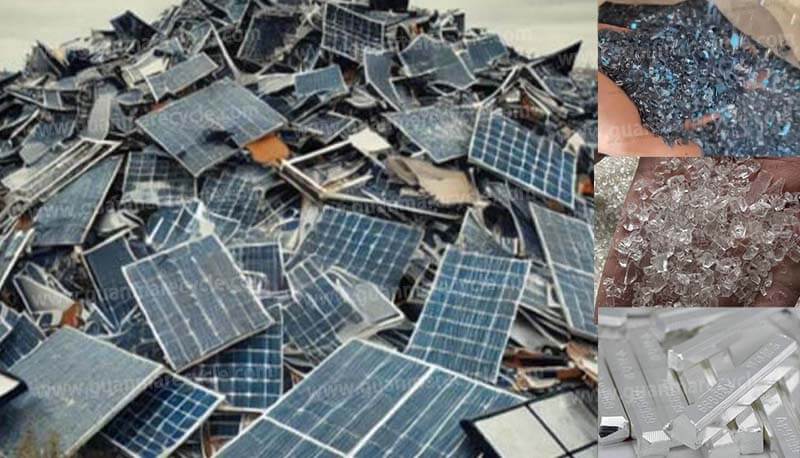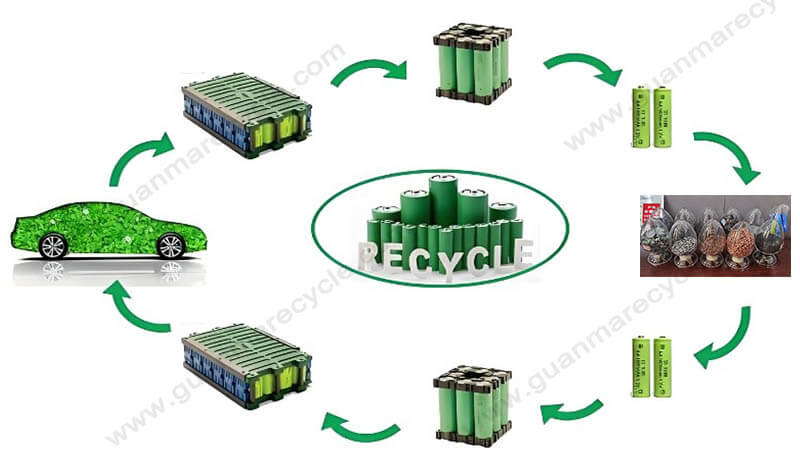E-Waste Business Introduction
In recent years, India has become one of the largest producers of electronic waste (e-waste) globally. With rapid technological advancements, the disposal of electronic products has created a massive opportunity for entrepreneurs in the e-waste recycling industry.
What is E-Waste and Why is it a Growing Industry?
E-waste refers to discarded electrical or electronic devices, such as old computers, mobile phones, TVs, refrigerators, and other electronic gadgets. Due to the fast pace of technological innovation, devices are often replaced before they are fully worn out, creating an increasing pile of e-waste. Proper disposal and recycling of e-waste are critical as it contains hazardous substances like lead, mercury, and cadmium that can harm the environment and human health.
Steps to Start an E-Waste Business in India
Starting an e-waste business in India requires a combination of technical knowledge, regulatory compliance, and investment. Below are the steps you need to follow to set up your business.
1. Market Research and Business Plan
Before starting, conduct thorough market research to understand the demand for e-waste recycling in your area. Identify the types of e-waste you want to collect (e.g., mobile phones, computers, televisions) and the services you will provide (e.g., collection, processing, recycling). Creating a solid business plan is crucial to lay out your goals, financial projections, and strategies.
2. Legal Requirements and Licensing
India has strict regulations regarding e-waste management.
It’s essential to obtain the necessary licenses and certifications to run an e-waste business legally in India.

3. Location and Infrastructure
Choose a location for your e-waste business that is easily accessible to suppliers and customers. You will need a warehouse or processing plant for collecting and processing the e-waste. Ensure that your infrastructure is equipped with the necessary tools for dismantling, sorting, and recycling electronic waste.
4. Investment and Capital
Starting an e-waste business requires an initial investment in equipment, staff, infrastructure, and licenses. Some of the essential equipment you’ll need includes shredders, crushers, air separators, and manual tools for disassembling electronic devices. The capital required depends on the scale of your operations and the type of recycling methods you plan to use.
5. Building Partnerships
Building relationships with businesses, government agencies, and consumers is essential. Partnering with manufacturers, retailers, and electronic waste disposal companies can help ensure a steady supply of e-waste for recycling.
6. Hiring Trained Professionals
E-waste recycling requires skilled technicians and workers. Hire staff with technical knowledge of dismantling, sorting, and processing e-waste. Offering training programs to employees can enhance the efficiency of your operations and ensure compliance with environmental regulations.
7. Develop a Collection and Disposal System
To scale your business, you must have an efficient collection and disposal system in place. You can either set up collection centers where people can drop off their e-waste or create a door-to-door collection service. Ensure that the collection process is smooth, convenient, and compliant with the rules.
8. Recycling and Processing Techniques
Once you have the e-waste, the next step is to process it for reuse. E-waste is typically broken down into valuable components such as metals, plastics, and precious metals like gold, silver, and palladium. Specialized techniques, such as mechanical separation, chemical processes, and manual dismantling, can be used to recover these valuable materials.
Starting an e-waste business in India offers a great opportunity to contribute to environmental sustainability while tapping into a growing market.



